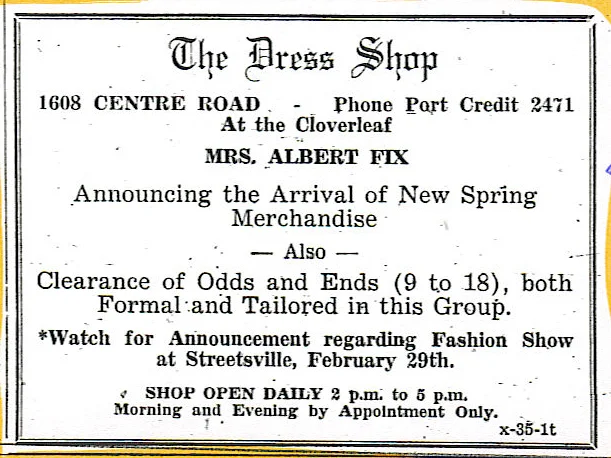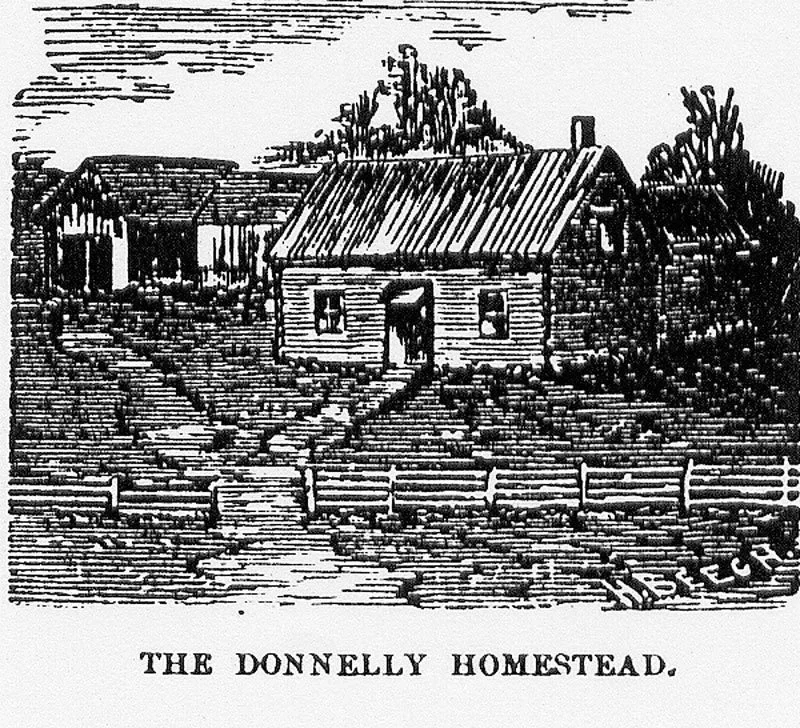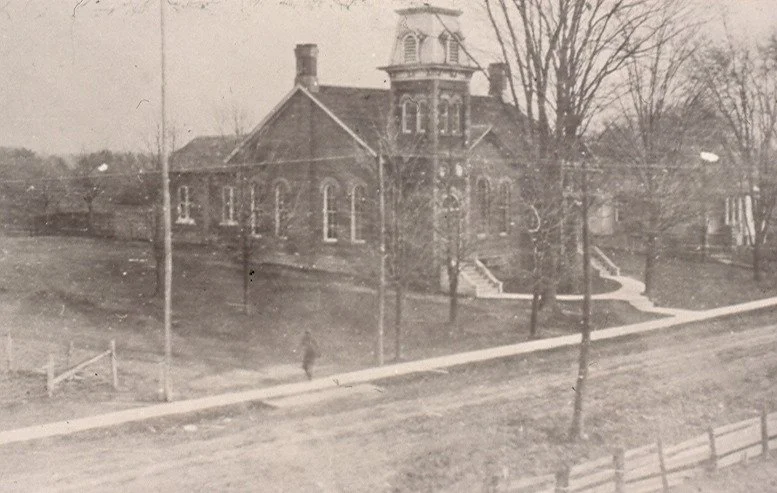Modern Mississauga presents Way Back Wednesday's - The history of Mary Fix Creek and Park
/Modern Mississauga and Heritage Mississauga have come together to present an ongoing series called “Way Back Wednesdays."
We’ll share information about the history of Mississauga here and answer your questions.
Today’s topic is the history of Mary Fix Creek and Park
Mary Fix (nee McNulty), 1895-1972, left a lasting impact on the development of Mississauga. Mary Fix’s tireless dedication and passion for the community had a deep impact on the landscape of this city. Mary Fix was born in Ottawa in 1896. Her father was a businessman and her mother was a journalist interested in the financial and political matters of the government. At age 16 Mary Fix and one of her friends formed the Equal Franchise Association to fight for women’s rights. After graduating from Osgoode School of Law in 1918, she went into practicing law and became the first woman lawyer in Ottawa. Disappointed that as a woman lawyer she did not get important cases, she turned her interest to business and became a European buyer for a clothing store in Ottawa. She married to Albert Alphonse Fix, a virtuoso pianist, and moved Toronto Township (Mississauga) in 1931.
After her husband’s death in 1945, Mary Fix opened the Cloverleaf Dress Shop and intended to live a quiet life. However, Toronto Township (Mississauga) had to face a lot of crucial issues. In January 1953 Mary Fix entered the political arena. She was the first woman to enter public office in Toronto Township. In 1954, she was re-elected as Deputy Reeve and served as Chair of the Industrial Committee for the township. In 1955 she became Reeve. She was re-elected as Reeve in 1957 and 1958. In 1959, Mary Fix became Peel County’s first female Warden. In 1961 she was once again elected as Reeve.
A pioneer in many ways, she championed the controlled and measured development of industrial lands in 1950’s. Aside from her political life, Mary Fix was interested in all aspects of the community. Mary Fix was a member of the Library Board and in 1960 she served as a founding member and first President of the Toronto Township Historical Foundation (now Heritage Mississauga), where she helped with the establishment of our first museum, Bradley House (today part of the Museums of Mississauga).
She died on April 29th, 1972, in her will she left her entire property to the Town of Mississauga, including her former residence on Hurontario Street and QEW. She is buried at the Mount Hope cemetery in Toronto, next to her husband.














